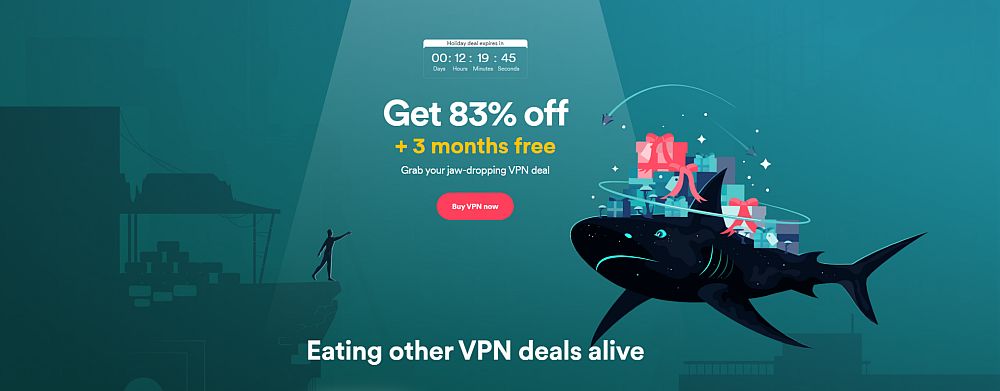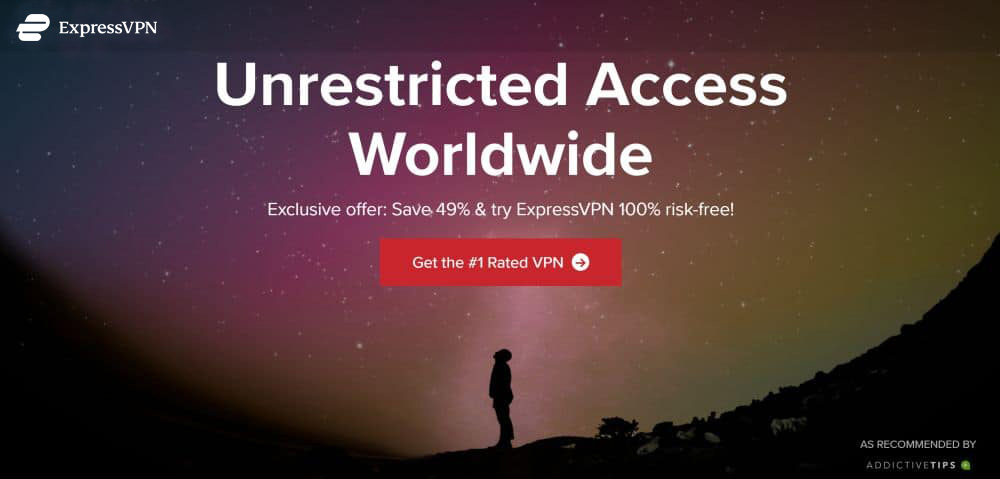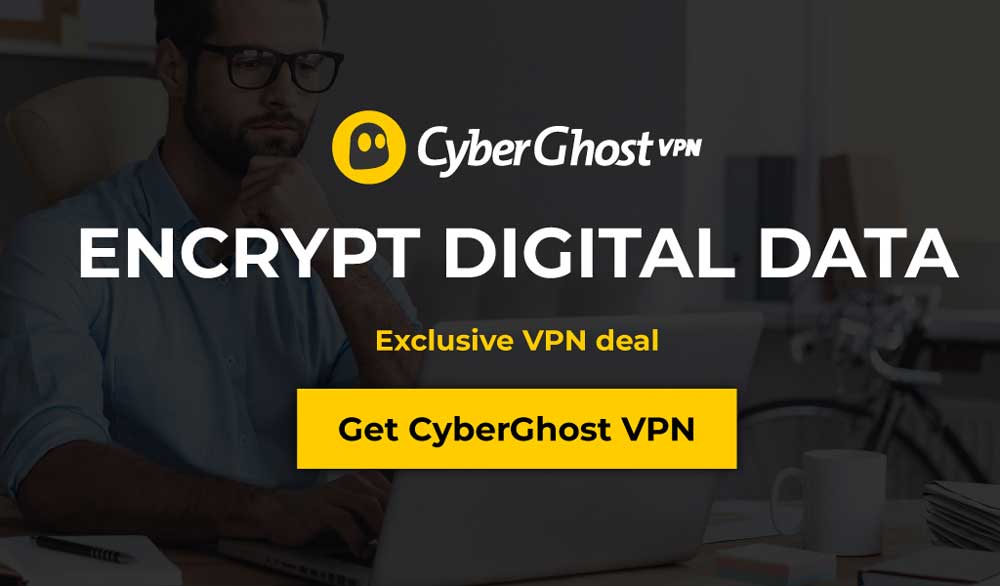VPN vs Proxy: Head to Head Comparison, What Should You Use?
Proxy server vs. VPN. On the surface, these services often seem interchangeable, but there are some critical differences that distinguish them. Today, we’ll walk you through the pros and cons of each, covering concepts such as spoofing, encryption, and more. By the end of this article, you’ll have everything you need to make informed decisions about what the best option is for you.
The internet isn’t as straightforward as it used to be. Back when “going online” first became a thing, users could connect and surf the web with a surprising amount of safety. The worst thing you were likely to encounter was the dreaded “blink” HTML tag – which was annoying, but not dangerous. The modern internet is an entirely different beast. Threats to our privacy are everywhere, including from our own ISPs. There are also services that censor or restrict information based on our location, making it difficult to surf the free and open web like we used to. That’s where providers like proxies and VPNs come in.
Spoiler! In the battle of proxy server vs. VPN, VPNs usually come out on top because of their advanced encryption protocols. These are the best providers for secure spoofing:
- NordVPN – Best Spoofing VPN – There’s really no reason to use a proxy when NordVPN is around. With the world’s most robust server network, unbreakable encryption, and apps for almost any platform, you can unblock the content you want anywhere in the world.
- Surfshark – The cheapest provider on our list, which offers some of the most advanced routing and tunneling protocols anywhere.
- ExpressVPN – Break through throttling and access geo-blocked content without sacrificing speed.
- CyberGhost – Probably the most user-friendly VPN interface on the market.
With a good proxy service or virtual private network on your device, you can thwart attempts to control or censor your traffic. With the right service, you can even increase your online privacy to use the internet anonymously as well. Below we discuss the pros and cons of VPNs vs proxy services so you know which one keeps you safe online.
Let’s Start with the Basics: What Are Proxies and VPNs?
Who needs a VPN, and who needs a proxy? The answer might be simpler than you think. Check out our breakdown of each service below, followed by a quick comparison of VPN vs. proxy.
What Is a VPN?
VPN stands for virtual private network. There are hundreds of services that provide these features on the market, each one with a slightly different take on the experience. At its core, though, a VPN offers two things: security through data encryption, and anonymity through IP address obfuscation.
Encryption is key to creating a secure online connection. Think of a VPN like a private tunnel from your device to the internet: everything that goes in or out of this tunnel stays hidden thanks to a layer of powerful encryption. No one can see what the data is, even if they intercept it
VPNs also change your IP address by routing traffic through their non-local servers. This means you can surf the web without divulging your personal details, all thanks to a VPN.
What Is a Proxy?
Proxies arose when companies started restricting access to services based on user location. If someone couldn’t access a website or watch a movie from their country, all they had to do was join a proxy service, choose a server in a different region, then reload and access all the content they like.
Proxies deliver the same IP address change-up as VPNs. They allow you to appear as if you’re from another location, opening up the World Wide Web to full and free access once again. However, most proxies don’t offer encryption on these connections. However, even without an encrypted connection, proxies are still a great and affordable option for high-volume tasks.
Free Proxies and VPNs are Dangerous
It doesn’t matter whether you’re interested in a VPN vs. proxy, there’s one standard rule you should always keep in mind: free services are rarely a good idea. Not only can they be slow and restrictive, but they can damage your online privacy as well.
Any VPN or proxy has to have money to stay in operation. Otherwise, their servers will shut down. If they aren’t bringing in profits from paying customers, they have to go elsewhere for income. The most common method is to sell data collected from users. All of your browsing history, on a free proxy or free VPN, could be stored and sold to third parties without your consent or permission.
The market for VPNs and proxies is so competitive these days, you’re much better off with a low-cost service. These companies have an active incentive to keep your data safe, so you won’t have to worry about underhanded deals to share your personal information with advertisers or government agencies.
Which One Works Better for Security, Proxy Server vs. VPN?
Proxy services and VPNs offer one common feature: virtual IP addresses. However, while these services may seem very similar, they actually differ quite a bit. Some of these key differences can be summarized as follows:
| Features | Proxy | VPN |
| Data encryption | Some HTTPS proxies offer basic encryption protocols | Typically, uses AES-256-GCM, military-grade encryption protocols |
| Traffic | Typically, only filters data for specific websites | Encrypts all the data on your device |
| Price | More affordable | More expensive |
| Speed | Usually, faster due to less overhead | Can be slower due to encryption |
| Online anonymity | Offers basic anonymity, masks IP address from websites | Provides stronger anonymity by encrypting traffic and masking IP address |
| Unlocks geo-restricted content | For specific sites |
Across all sites and apps |
| Suitable for torrenting | Not as secure | Incredibly secure |
| Optimized for gaming | Faster, but less secure | More secure, with more latency |
| Effective for web scraping | Rotating IPs make for efficient scraping | Not appropriate for large-scale scraping |
In the end, the best choice really depends on your specific needs. VPNs are the best option for most people, as they encrypt your data even before it reaches the server. This keeps your IP address and your browsing activity completely anonymous. Proxy servers, on the other hand, are an excellent choice if you’re interested in low-cost, bulk filtering or web scraping activities.
VPNs – The Best Way to Stay Private and Secure
The most effective way to hide your IP address and keep your online activities anonymous is to use a VPN. It’s not easy to find the right VPN, though. How do you find a good balance between speed, security, reliability, and encryption strength? How do you know the VPN is reliable enough to handle your data? By doing research, that’s how.
We’ve done most of the work for you, with a few VPN recommendations below. We made our selections by ranking the following criteria, all of which are important for finding the best VPN to keep you safe and provide virtual IP addresses.
- Device support – Get the most out of the service, by ensuring it can be used on all your favorite devices.
- Fast downloads – VPNs can be slower than an unencrypted internet connection. A fast VPN works to offset that, allowing fast downloads and smooth streaming.
- Size of network – The more servers a VPN offers, the more IP addresses at your disposal.
- Unlimited bandwidth – Don’t let bandwidth restrictions stop your movie streams.
- Zero-logging policy – Always make sure your service has a strict zero-logging policy, just like the ones below.
So, What’s the Best Overall VPN?
Now that it’s clear that VPNs offer better security and utility for the money, we present to you the top-rated VPNs on the market:
1. NordVPN

NordVPN has some of the most incredible features of any VPN. The service is well-respected in the industry, hosting countless satisfied customers who use NordVPN on a wide variety of devices. One of the most impressive features is the size of the company’s network. The list is always growing, but currently NordVPN hosts over 7,100 servers across 118 different countries, delivering thousands of non-local and anonymous IP addresses for you to choose from. There are even exclusive servers you can use for DDoS protection, onion over VPN routing, and double encryption.
NordVPN has a thorough and full-featured zero-logging policy on bandwidth, traffic, time stamps, and DNS access to ensure your activity is never stored long-term. An automatic kill switch and DNS leak protection features on the VPN’s software hide your identity as well. 256-bit AES encryption keeps every packet of data locked down tight for a sturdy foundation of online anonymity and security.
Read our full NordVPN review.
- Very affordable plans
- Over 5,400 servers in 61 countries
- Allows up to 6 devices to be connected at once
- No logs and encrypted connections for total privacy
- Live chat support is available.
- Not much
- Can't specify City or Province in App.
2. Surfshark

While network size is usually the primary indicator of a VPN’s utility for spoofing, Surfshark shows us this isn’t always the case. To wit, they run a modest array of 800+ servers in 50 countries, but each of these nodes is worth quite a bit more than standard connections from other providers.
For example, each connection can automatically enable obfuscation to get past VPN blocks–a function usually relegated to a handful of specialty servers. Moreover, Surfshark offers CleanWeb protection, which intercepts and blocks ads, known malware links, and trackers before they can even load.
Rounding out the package is 256-AES-GCM encryption, a no-logging policy, plus unlimited simultaneous connections. Best of all? Every Surfshark server “just works” to unblock streaming sites like Netflix.
- Reliably unblocks Netflix US, UK, Japan, and more
- Server selection is dead simple and quick
- DNS leak and kill switch protection keep your defenses up even when your connection drops
- Favorable BVI jurisdiction guarantees no logs kept
- Get help any time of day via email, phone, or live chat.
- Speeds occasionally suffer a noticeable drop
- Young VPN still has plenty of room to grow in terms of advanced functionality.
Read our full Surfshark review.
3. ExpressVPN

ExpressVPN ranks as one of the fastest and most security-aware VPN providers out there. The company deploys a strong network of servers in 105 different countries, enough to provide thousands of available IP addresses for an enormous amount of online freedom. You can also switch servers as often as you like and connect, up to three devices at a time, including smartphones, tablets, and gaming consoles.
Privacy is another of ExpressVPN’s strong points. The company aims to keep users safe with DNS leak protection, a kill switch for both desktop and Android devices, and absolutely no logs. Couple that with 256-bit AES encryption, unlimited bandwidth, and no restrictions on traffic types, and you’ve got a great VPN service that can hide your IP on iOS, iPad, iPhone, and plenty of other devices.
Read our full ExpressVPN review.
- SPECIAL OFFER: 3 months free (49% off - link below)
- 3,000+ super fast servers
- Supports ALL devices
- No personal information logs kept
- Great customer service via chat.
- Power-users configuration options.
4. CyberGhost

CyberGhost is a fast-growing VPN that delivers a superb balance of speed, privacy, and security. The company offers connections to a growing number of servers in over 100 different countries, giving you all the speed, and non-local IP addresses, you could ever need. This forms the perfect foundation for high-connectivity surfing and streaming, and it makes it extremely easy to bypass censorship blockades and stream movies from foreign countries.
This provider doesn’t impose bandwidth limitations or speed caps for any of its users, giving you full and unrestricted access to the web. CyberGhost also employs strong privacy practices to keep you safe online, starting with 256-bit AES encryption on all data along with a zero-logging policy on traffic, time stamps, and IP address. DNS leak protection and an automatic kill switch are standard with the company’s custom software for most platforms as well.
Read our full CyberGhost review.
- LOW PRICE: 6 EXTRA free months (79% off - link below)
- Compatible with TOR
- Apps for ALL devices
- Strict no-logging policy
- Live chat support (24/7).
- Doesn’t work well in China.
Protect Your Privacy: Why Proxies and VPNs Are Non-Negotiable
If you’re looking for information on VPNs vs proxies, chances are online privacy is on your mind. Here are some of the reasons why VPN and proxy providers continue to gain traction among users:
- Keeping Data Secure – Every packet of data that leaves your PC or smartphone is sent through dozens of servers. At any point in this process, a third party (or your ISP) can take a look at that information to see where it came from, where it’s going, and who is requesting it. With a VPN, however, your data is encrypted, and your browsing cannot be tracked.
- Staying Anonymous – IP addresses are necessary for routing information to and from your computer across the internet. The downside is they also let anyone track down the origin of that data to discover your real location. Proxies and VPNs disguise your real IP address, keeping your activities truly anonymous.
- Censorship and Geo-Restrictions – Apart from privacy issues, the number one reason most people turn to VPNs or proxies is because they’re experiencing some form of censorship. These restrictions can be on a government level, or it can be on a business, or school level. Have you ever tried using Netflix or YouTube from another country? You’ll quickly find the selection of content just isn’t the same. Both of these services offer an easy way to get around all kinds of online restrictions.
RELATED READING: How to Bypass School Wi-Fi Restrictions
The Last Word in the Proxy vs VPN Battle
While VPNs and proxies may seem similar at first glance, the two services offer a vastly different experience for end users. Really, there’s only one point of overlap: remote IP address variability.
Proxy servers are fine for small businesses and entrepreneurs who are looking for added filtering capabilities and a little more anonymity online. However, VPNs like NordVPN, Surfshark, ExpressVPN, and CyberGhost are really the way to go if you want to score a victory in the online privacy and security arena.
Do you agree with our assessment? What do you use your VPN connection for? Let us know in the comments below.
Frequently Asked Question Section
Do you need a VPN if you have a proxy?
Having a proxy can help you access geo-restricted content and sail by various IP bans across the web. However, not all proxy servers encrypt your data, which can leave your real IP address exposed. A VPN encrypts all of your data, adding an extra layer of security to your browsing. We would suggest adding a VPN on top of your proxy if online privacy is your priority.
Can you use both a proxy and a VPN at the same time?
Yes, you can. The setup of such a system can get rather complicated, but it is possible to use both a proxy and VPN at the same time. Just be aware that though this will offer the best of both world when it comes to security and anonymity, it can slow down your connection speed and cause some compatibility issues along the way.
Does a proxy server protect me?
A proxy server can offer some level of protection, but it doesn’t provide the same level of security and privacy as a VPN. It can hide your IP address, and in some cases even disguise the fact that you are using a proxy. However, you will need a reliable VPN if you want to avoid your data being tracked or leaked.
How do I turn on a VPN or proxy?
Fortunately, both VPNs and proxy servers are fairly easy to use. Each provider will have its own processes and policies, but we have summarized the basic process below.
To turn on a VPN:
- Download the VPN app of your choice
- Open the app and log into your account
- Choose a server and take it from there!
To turn on a Proxy:
- Navigate to the network settings on your device
- Enter the proxy server address and port number
- Save your settings and you should be ready to go!
If you need a VPN for a short while when traveling for example, you can get our top ranked VPN free of charge. NordVPN includes a 30-day money-back guarantee. You will need to pay for the subscription, that’s a fact, but it allows full access for 30 days and then you cancel for a full refund. Their no-questions-asked cancellation policy lives up to its name.

Check our ProtonVPN They are the most trusted service available!